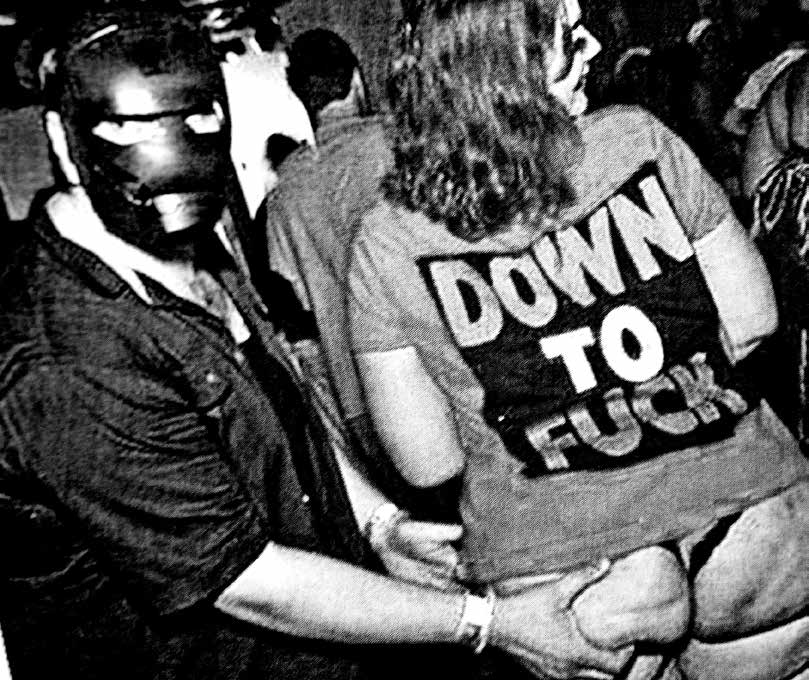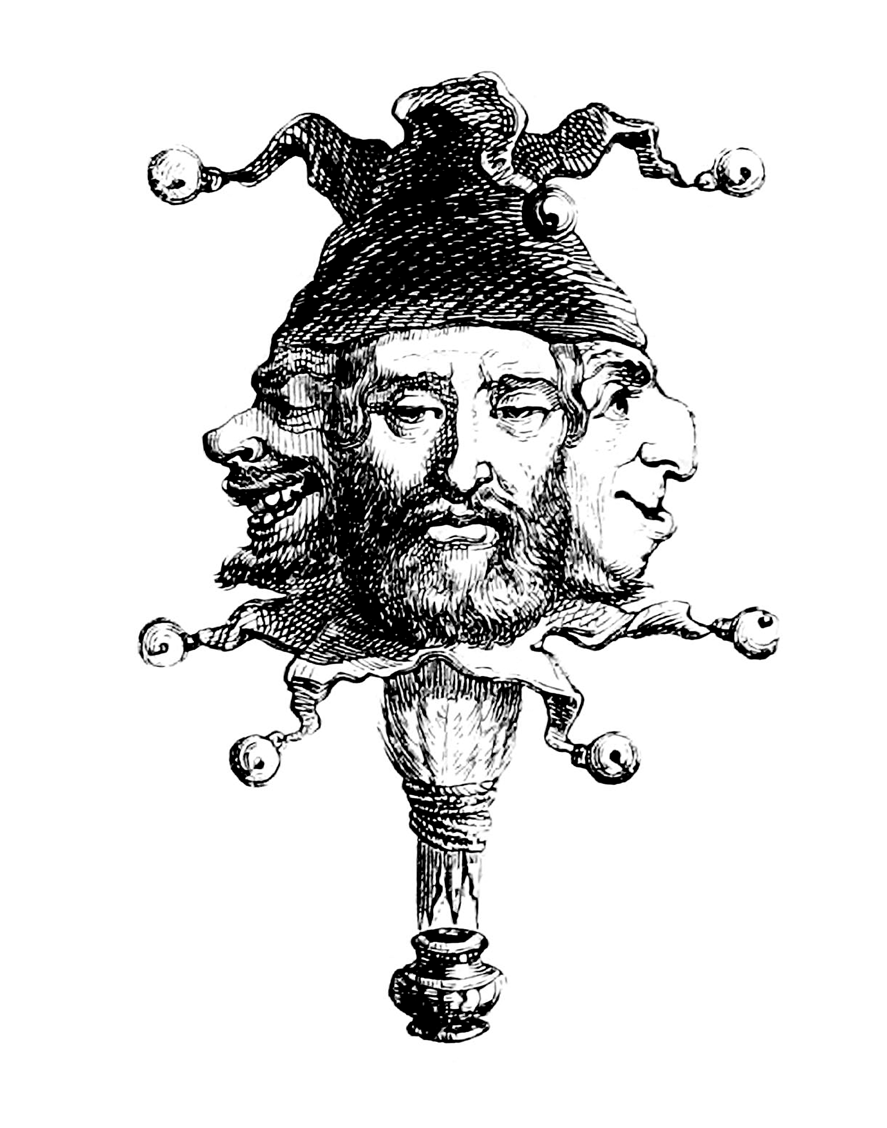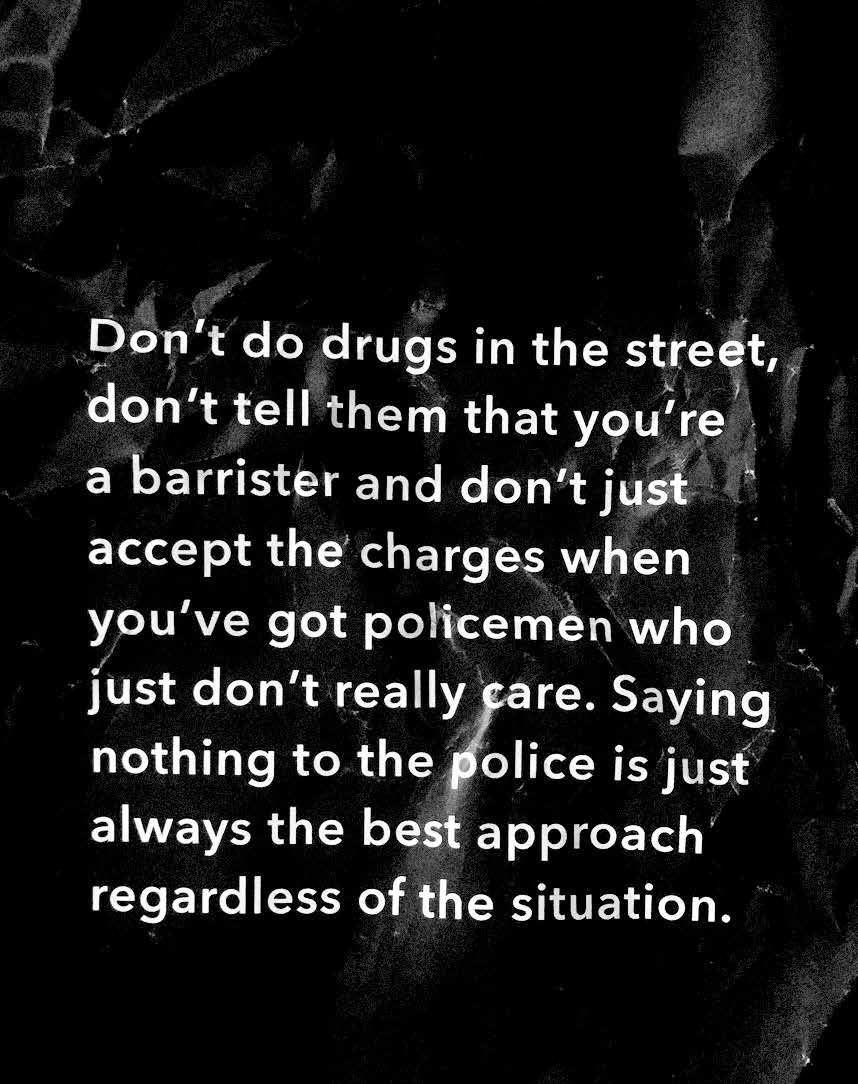As a PhD student I explored the alcohol and drug habits of (young) Danes through fieldwork in the nightlife of Copenhagen. In the following I use the insights from my study to answer the questions of why people use drugs, what happens when they do, and why these questions are important to discuss.
Drugs are dangerous!
The question of why people take drugs, is both important and overlooked. Most drug debates, and most research, focus on the harms of drugs and how we can get people to eat, smoke, drink, snort and shoot as little as possible. Such a problematc approach is the result of a widespread gut feeling: Drugs are dangerous!
And yes, drugs are dangerous, but the problem with the political handling of drugs, is that it does not work very well. And even more depressing, it has a number of disastrous side effects: Users are criminalised and often forced to deal with dodgy gangsters. Research into the positive and therapeutic effects of drugs are blocked, and more generally, we are presented with an incorrect picture of what drugs are, why people use them, and how they work.

Another issue with this prohibatory and problematizing approach to drugs is that it explains all drug use as misuse. This means that drugs and their users are demonized, and the answer to the question of why people take drugs is boiled down to the simple and circular argument – because they are addicted. However, most drug users are not addicts, they are merely people who on a daily/weekly/monthly/ yearly basis, for different reasons and in different ways, use drugs because they are a fun and pleasurable way to alter the experience of reality.
Desires of the Night
It is a small sample of by far the largest group of drug users – that is, people that do not have a problematic habit – that I examined in my PhD dissertation, Desires of the Night (conducted at the Center for Alcohol and Drug Research, Aarhus University). In this study, I explored why so many (young) Danes go out, and what the role of alcohol and other drugs play in their party practices. In short, I make two overall Points:
The first, is that ‘contextual’ factors such as music, lights, friends, food, mood, culture and drug policy, significantly impact the effects and experiences of drugs. The second, is that people take drugs because of a desire to experiment with and change what they are capable of doing and feeling. These two points are interrelated, in the way that the desired transformation of what the mind and the body is capable of doing on drugs is dependent not just on the chemical features of the drugs, but also on the specific and dynamic context in which they are consumed.
Drugs change what we can do and how we feel
Let me try to unfold these arguments a little bit. Regardless of whether the participants of my study (THANKS!!) preferred alcohol, cocaine, amphetamines, MDMA, cannabis, mushrooms, LSD or a mix of different things, they all consumed alcohol or other drugs because they wanted to alter what they were capable of thinking, doing and feeling. Within nightlife settings I investigated these desires for difference, typically pivoted around a wish to increase the capacities for social, sexual and musical interaction. For example, people would drink in order to get the courage to dance or approach potential lovers. They would consume MDMA because of the pleasurable physical sensations and to gain the energy to dance and have fun for sustained periods of time. Perhaps a couple of examples will illustrate these points.
By far the most used ‘drug’ in nightlife is alcohol. Alcohol changes our psychological and social constitution and abilities. Beer, wine and liquor calms the nerves, stimulates a pleasurable buzz and makes us feel light and happy. Yet, for most of my informants, who would do a lot of their drinking in bars and nightclubs, it was alcohol’s role as a social and sexual lubricant, that made it such a big hit. The way alcohol enables people to express their feelings (to friends and strangers), to explore new sides of their identities and sexualities, and to fool around and have fun are good bets on why people drink so much (especially in the nightlife).
Similarly, my informants who liked MDMA when going out, on the one hand stressed the pleasurable physical rush of the chemical. Yet, they also stressed the way ecstasy changed their experience of themselves and the world; the way it opened them up towards other people and music, and facilitated a joy of being together and dancing, that is hard to describe.
It seems then, that people take drugs, because they like the alternative versions of themselves and the new perspectives on the world these drugs help bring forth. And for many, the nightly adventures and transformations leave lasting, positive traces; the boundaries that have been crossed, and the practices that have been probed are stored in the body as an expanded set of possibilities. Drugs, in other words, do not necessarily lead to death, horror and addiction, but are also implicated in important and life changing social, sexual and musical experiences.
Of course, some people use drugs for different reasons, and sometimes the outcome is not so nice. The argument is not that we should ignore the adverse effects of drugs and the bad habits and experiences that they are also capable of triggering. Contrarily, the point is that, if we want to understand why people use drugs and how they work, we need to approach the issue from a standpoint sensitive both to drugs’ positive and negative effects and to the role the physical, social and political context play in generating good or bad experiences.
From morals to ethics, an open and holistic approach is important because it enables a more nuanced and contextualized understanding of why people use drugs, and how they work. This move towards an interest in what drugs actually do, can be described in philosophical terms as a change from a moral to an ethical register.
Simply put, from a moral viewpoint, drugs are evaluated according to a set of universal rules, that do not take into account the concrete and complex circumstances in which drugs are consumed. Instead, alcohol and other drugs are measured using fixed yardsticks designed to put them into boxes such as legal or illegal, good or bad, class A, B, C etc. This is how the system works today. One of the main problems with the existing paradigm is that the moral principles seem natural and right (drugs are dangerous!), despite the fact that they they are based on prejudices and misinformation and not on scientific facts. The prohibatory regime exemplified by today’s war on drugs is the result of more or less random historical power battles, and has a range of unfortunate effects not just for drug users, but also for the societies that have to deal with the consequences of illegal drug markets.
In contrast, a drug policy based on ethical principles will give way to axiomatic ideas about what good and bad drugs are, and will work from the premise that all drugs can be both good and bad, depending on the specific situation: the user, the social and physical context and the drug. What might work very well for you can be very bad for me, and vice versa. An ethical judgement is thus relative and cares mainly about the concrete outcome of the encounter between drug and user (and context). This means that instead of discussing whether drugs are legal or illegal, the key question becomes how drugs work, and whether they, in particular instances, strengthen or weaken the user in relation to their lives, wishes, dreams and challenges.

In England there is a recent example of such changes of perspectives. At Imperial College in London, David Nutt’s team of researchers, including Danish medical doctor David Erritzøe, conducted experiments with the illegal drug psilocybin mushrooms as a treatment for depressives. Their tests show that the consumption of psilocybin (in the right settings) can generate powerful spiritual experiences that can help people break out of sedimented, negative thoughts and habits, and hereby create positive long-term changes. (http://www3.imperial.ac.uk/newsandeventspggrp/ imperialcollege/newssummary/ news_17-5-2016-10- 42-14).
There are numerous other examples (e.g. experiments with MDMA and LSD as therapeutic drugs) that highlight the arbitrary and illogical nature of the current illegal/legal classification of drugs. What is needed is an unbiased, ethical approach to drugs, that focuses on creating better possibilities and lives for everybody, irrespective of what chemical substances are being experimented with and how they can adjust a person’s capacity to act, feel and be in this world.




